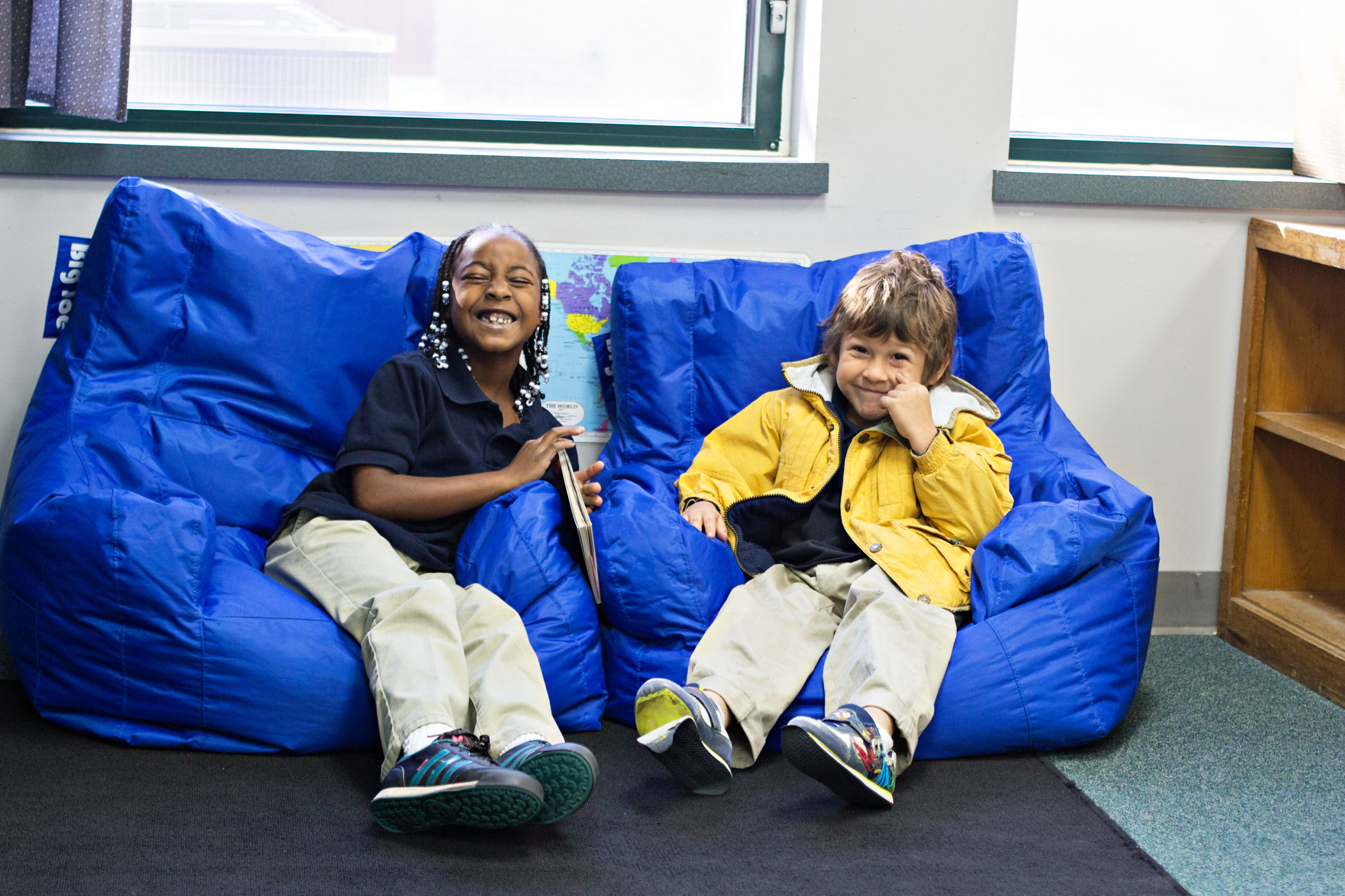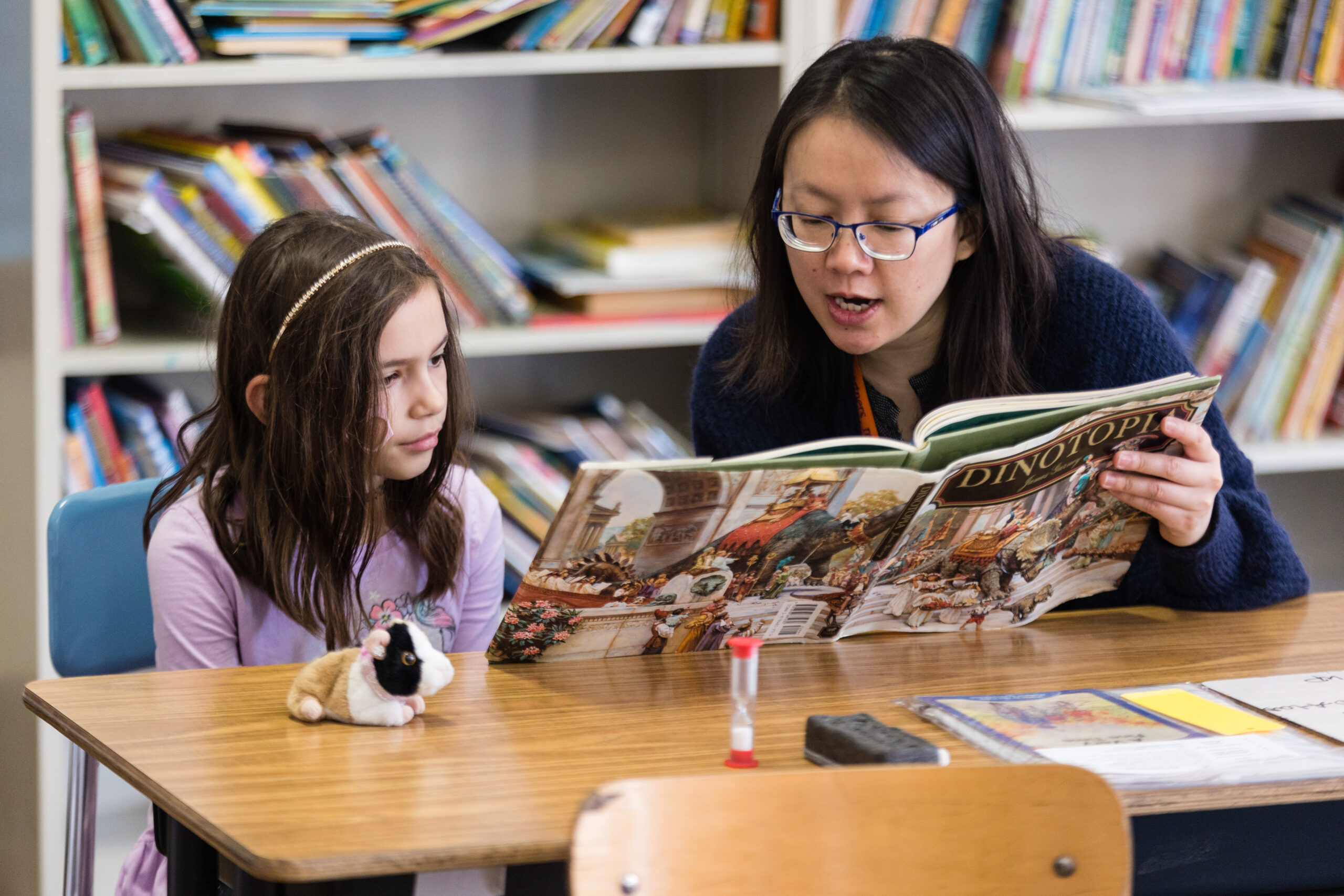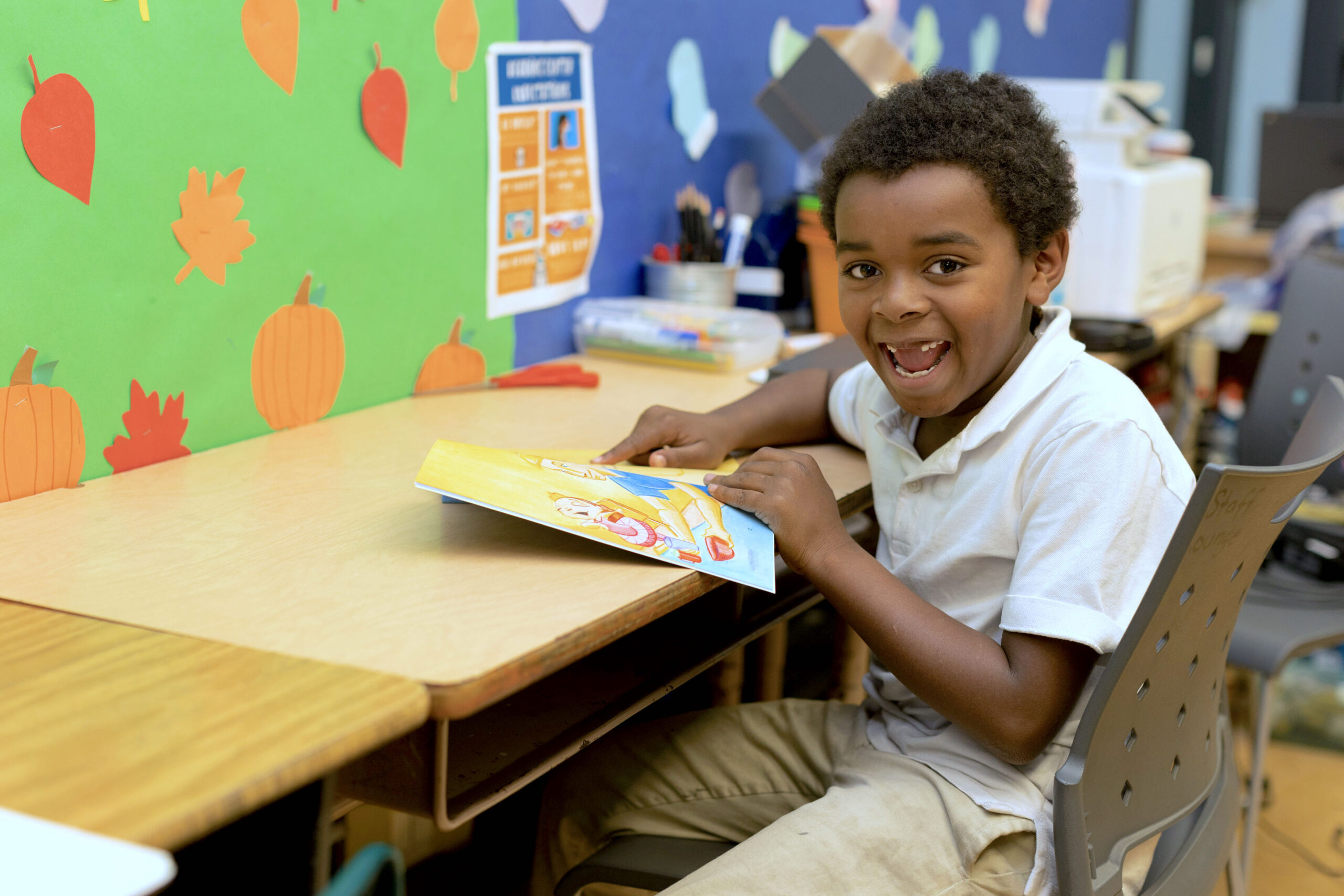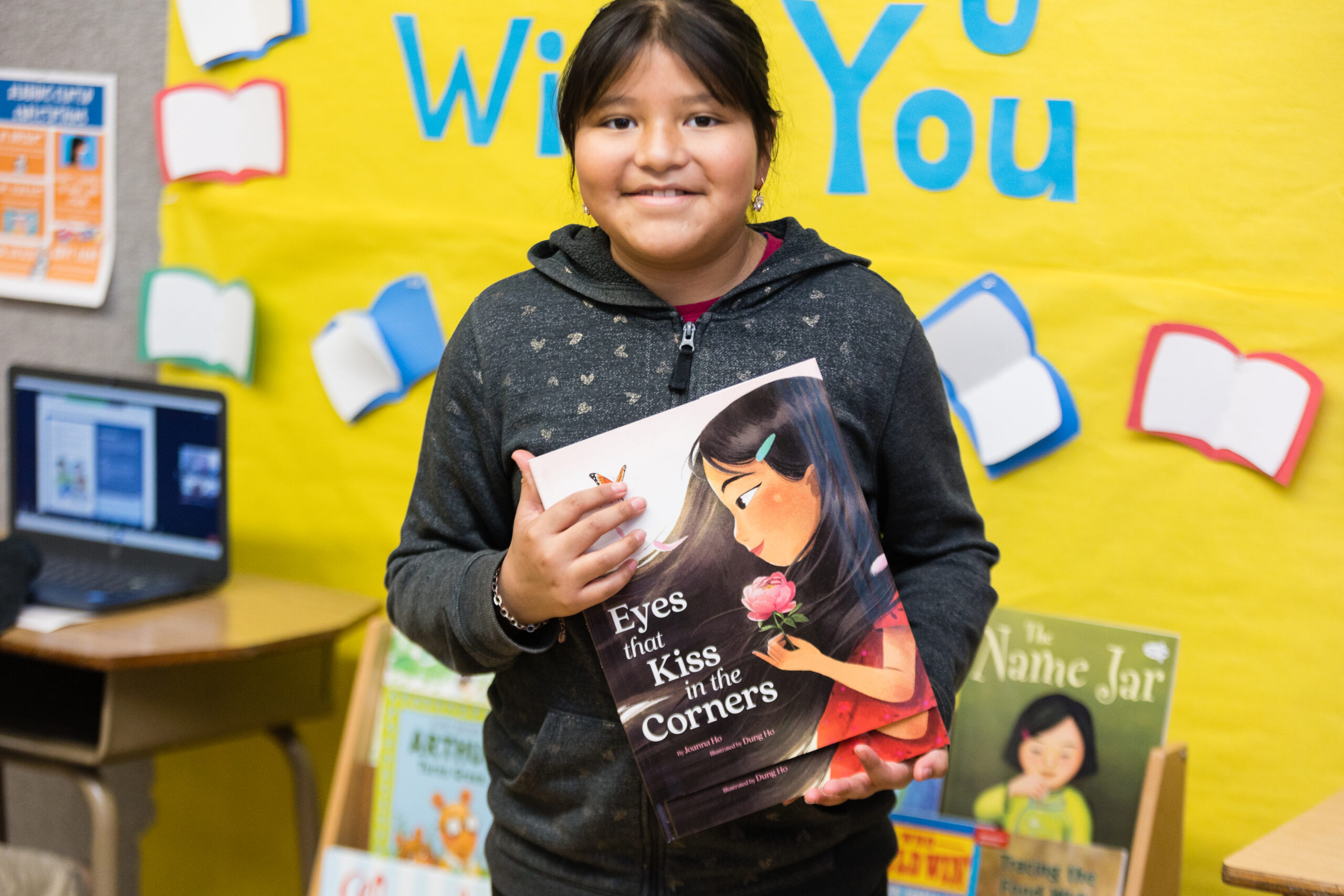When children pick up a book, magical things happen in their brains. Luckily, you don’t need a lot of time or money to help your child develop and learn–you just need to support them in their literacy development. Reading daily can be extremely effective in the long term and can help your kids learn about the world, develop imagination, become more empathetic, and enrich their vocabulary.

Major benefits of reading daily
Before we go into how reading daily is crucial specifically for children, it is important to understand the major benefits of reading – both for children and for adults. Carrey Crenshaw, a literary expert from the custom writing reviews site Best Writers Online, explains, “Reading has long-term effects on our brains which is why it’s so important to develop a habit of reading rather than making it a one-time event in your life.” When we read, we:
- Get better at reading: The more you practice reading, the better you will become at it. By reading regularly, you learn to read faster, which will help you read more books in a shorter period of time. Likewise, if you read out loud, you will also develop your reading and speaking skills.
- Exercise the brain: Our brains are muscles, which means they need to exercise to get stronger, just like any other muscle in our bodies. Reading is one of the best ways to exercise your brain and help it develop (especially if it is a child’s brain).
- Improve concentration: Nowadays, a lot of people are used to spending a lot of time online scrolling through social media posts. This has led to shorter attention spans which can prevent people from being productive. Luckily, reading can improve concentration because it requires you to direct all of your attention to what you are reading and spend long periods of time doing so.
- Learn about the world: When it comes to children, reading is particularly important for them to be able to learn more about the world around them. Everything is new to them, so reading helps them satisfy their curiosity and learn more about the things they don’t directly experience in their daily lives.
- Enrich our vocabulary: In addition to exercising your brain, reading can help you and your children enrich your vocabulary. This can also be particularly useful for language learning as you can enrich your vocabulary in a foreign language by reading books in that language.
- Develop your imagination: Creativity goes hand in hand with a developed brain. Thus, reading regularly can help you develop your imagination. Children are already quite creative but reading can help them develop their imagination even further.
- Understand empathy: Empathy is a valuable emotion that allows us to better understand each other and relate to one another. Children need to develop empathy, and one way to do this is by reading books that feature characters they can relate to.
- Perform better academically: As a result of developing and exercising the brain through reading, children will be able to more effectively understand their assignments, which may be enough to boost their grades.
- Relax the body and mind: Sometimes you just need to relax your body and mind by taking a break from whatever else you are doing. Reading can be a solution in such situations as books allow you to be engrossed in a story very different from your own life. It’s escapism in its purest form.

What does the research say?
To fully understand the power of reading, it’s worth turning to research. Ezra Leighton, a development specialist from the writing services reviews site Writing Judge, says, “By starting to read early on, children develop valuable skills that will help them excel academically, become better writers, get more creative, and simply relax before bedtime. There are so many different reasons why your youngster should start reading regularly and keep that habit way into adulthood.”
Children who read more often show different development trajectories than those who read less. These differences occur specifically in the part of the brain responsible for reading, and the network of different circuits and signals becomes stronger and more sophisticated as the child improves their reading skills.
Interestingly, there is also a two-way relationship between emotional development and literacy in children. Here are some other ways in which reading influences our brains:
- It helps develop empathy and teaches us how to think in sequence by linking cause and effect through story structure.
- Reading in different languages can help grow the brain, particularly the hippocampus and the cerebral cortex.
- It allows us to feel the same emotions we would if we actually experienced the things we are reading about.
- Listening to audiobooks or hearing someone else read to you (e.g. parents reading to children) is also considered a way to exercise the brain.

Reading daily to your children
While children reading on their own is great, reading daily to your children has unique advantages. Reading to your kids allows you to connect with them and even pass on your passion for reading. Reading can become a tradition in your family, and it is also a powerful tool for learning and personal improvement.
If you want to have a completely original approach to this, you can hire a professional writer to create unique stories that you can then read to your children. Such writers (you can find them on a writing services reviews site like Trust My Paper) can create completely original texts that will fit your specific requirements (e.g. topic, child’s reading level, vocabulary list).

Children reading daily
For some young readers, the journey to a fully literate life can be a long one. In the beginning stages of learning to read, many children may ask their parents to read to them.
As you’re choosing the right books for your child, it’s important to think about their interests. When kids read about topics they’re interested in, they’re more likely to fall in love with reading. Additionally, keeping a home library full of books of different topics and genres is key for kids on a literacy journey. When young readers have a choice in their lives, and specifically in a learning environment, the chance of them opting to read versus do another activity increases.
All in all, just make sure to show your child that you support them in their reading journey. Let them make their own decisions about what they want to read, and give them the opportunity to explore different kinds of books. The more they read, the more they will develop their personal taste and will want to read regularly on their own.

Final thoughts
At the end of the day, it’s important to understand how to teach your kid to read daily. Instead of forcing them to do so, find the best approach to your child by getting to know them better and helping them find the types of books they will enjoy the most.
If they find something they truly enjoy reading–be it modern stories like Islandborn and The Year I Learned to Fly or timeless classics like The Snowy Day and Charlotte’s Web –they will make their own steps to developing a reading habit. In other words, they will enjoy it even more!




